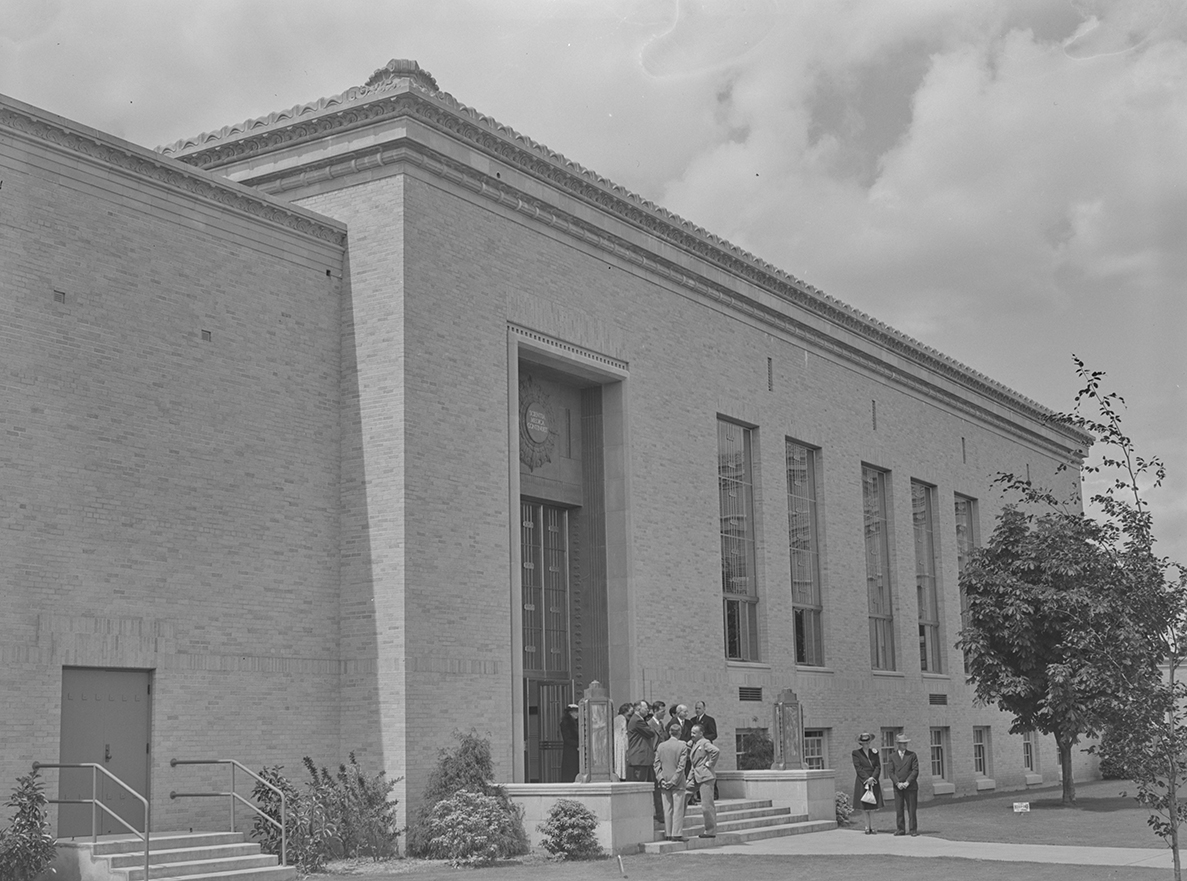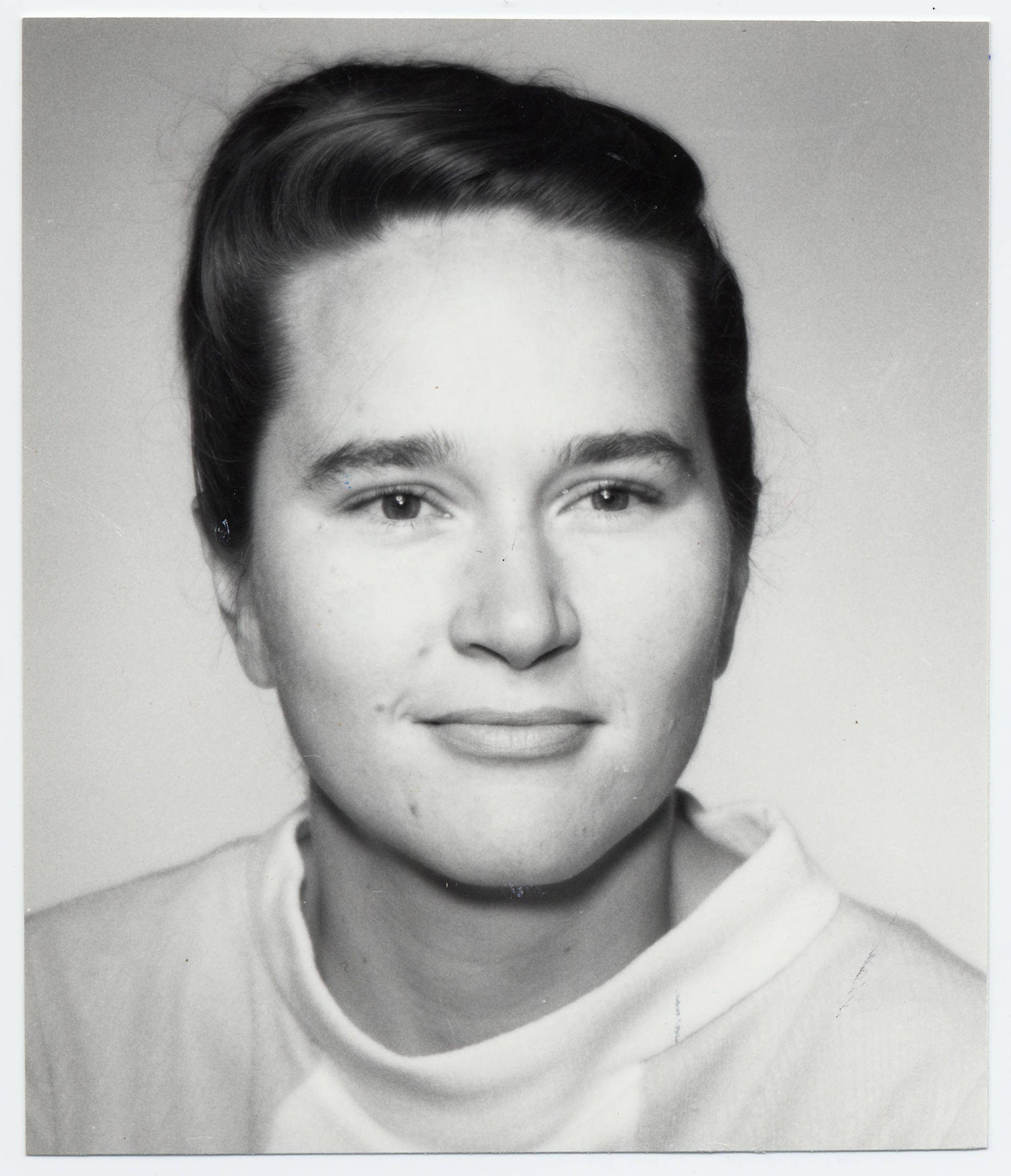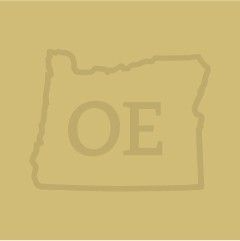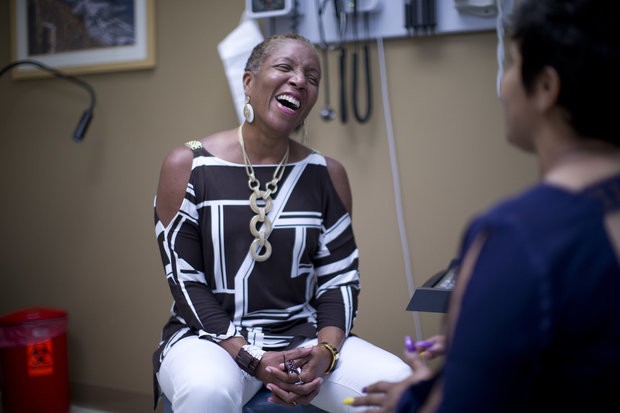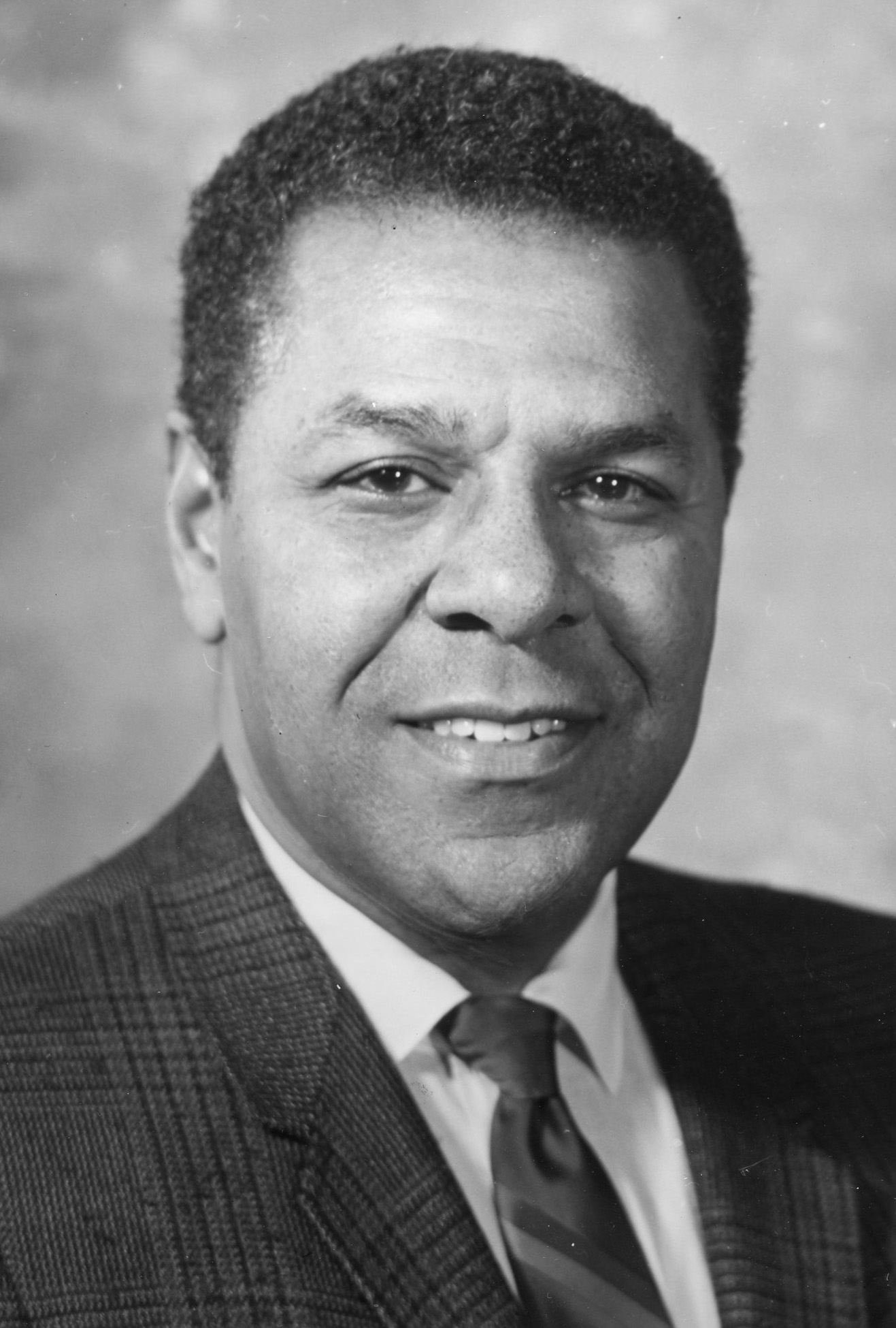One hundred and fourteen years into its history, the Oregon Health & Science University (OHSU) School of Medicine named Christine Cassel its first woman dean. A national leader in geriatrics and medical ethics, Cassel literally wrote the book on academic geriatrics in the United States.
As a student in the early 1960s, Cassel found herself drawn to science but was discouraged from considering medicine by teachers who thought women were unsuited to its rigors. She took an undergraduate degree in philosophy from the University of Chicago in 1967 but sensed that it wasn’t the right fit for her. On a trip to visit friends on Whidbey Island in Washington, Cassel fractured her elbow. It was her experience as an uninsured American seeking care that finally inspired her to pursue medicine.
After receiving her M.D. from the University of Massachusetts Medical School in 1976, Cassel completed a residency in internal medicine and held fellowships in bioethics and geriatrics at the University of California, San Francisco. She moved to Oregon in 1979 as one of the first geriatrics fellows in a new joint program developed by OHSU and the Portland Veterans Administration Medical Center, one of the nation’s oldest geriatrics programs. In 1981, Cassel joined the OHSU departments of medicine and public health and preventive medicine, where she remained until 1983.
Cassel went on to chair the nation’s preeminent geriatrics program at the Mount Sinai School of Medicine in New York City. In 1996, she became the first woman president of the American College of Physicians; in 1998, she was named the first woman chair of the American Board of Internal Medicine. Cassel joined the Institute of Medicine (IOM) in 1988 and served on several national committees related to healthcare quality and medical ethics. She chaired the IOM Committee on Care at the End of Life, whose report, Approaching Death (1997), had a tremendous impact on national conversations about end-of-life care.
In January 2002, Cassel returned to OHSU as dean and vice president of medical affairs. The thirteenth dean to lead the medical school, she worked to strengthen OHSU’s programs in geriatrics and medical ethics and focused on improving measurements of quality of care and clinical outcomes. Cassel once described Oregon as “an independent laboratory” in which difficult issues in health policy and medical ethics were addressed in innovative ways. She embraced the university’s “wonderful combination of top-notch science and health care, as well as statewide commitment to public health.” She concluded: “You don’t often find that combination together.”
In July 2003, Cassel left Oregon to become president and CEO of the American Board of Internal Medicine and the ABIM Foundation, a position she described as a “once-in-a-lifetime” opportunity. Her eighteen-month tenure at OHSU was brief, but it marked a turning point in the history of women physicians in Oregon.
-
![]()
Christine Cassel.
Courtesy U.S. National Institute of Health -
![]()
OHSU Medical School Library, 1940.
Oregon Historical Society Research Library, OrgLot1284_0159_1
Related Entries
-
![Frances J. Storrs (1939-)]()
Frances J. Storrs (1939-)
Frances Storrs, an acclaimed physician and dermatologist, helped clear …
-
![Joanna M. Cain (1950 - )]()
Joanna M. Cain (1950 - )
Joanna M. Cain is an internationally known physician, teacher, and rese…
-
![Nathalie McDowell Johnson (1959-)]()
Nathalie McDowell Johnson (1959-)
Dr. Nathalie McDowell Johnson, a dancer and physician, moved to Oregon …
-
![Walter C. Reynolds (1920–2020)]()
Walter C. Reynolds (1920–2020)
Walter Cornelius Reynolds was the first African American graduate of th…
Map This on the Oregon History WayFinder
The Oregon History Wayfinder is an interactive map that identifies significant places, people, and events in Oregon history.
Further Reading
“Dr. Christine Karen Cassel.” National Library of Medicine. http://www.nlm.nih.gov/changingthefaceofmedicine/physicians/biography_57.html


